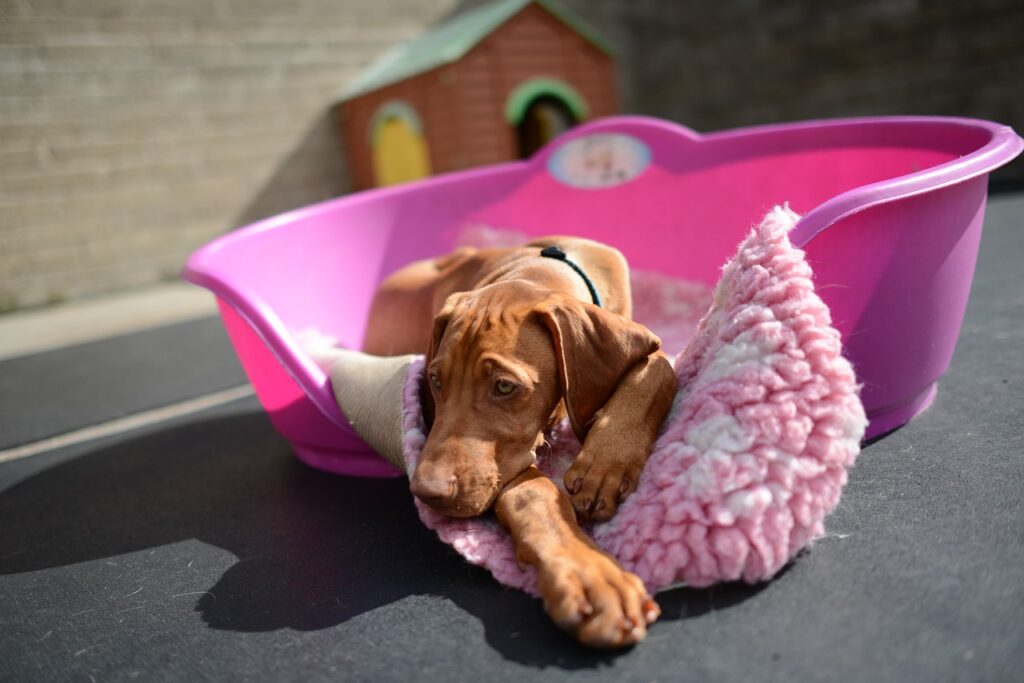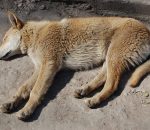Dog care and management are pertinent to maintain their health and to ensure their well-being. Dogs are the source of enormous joy and companionship for their owners. Sometimes, they can create alarming situations, if they are not kept under control. A dog owner should keep his dog under control at all times.
Before buying a dog, there are few things that a dog owner should take into consideration. A dog owner is responsible to take steps to minimize the onset of different diseases and all aspects related to dog care and management. He has to provide sufficient food and ample quantity of water to the dog. He has to ensure the routine exercise, vaccination, and deworming of his pet. Here is the list that contains the obligations of a dog owner.
Obligations of a dog owner
- To ensure the provision of a sufficient amount of food and fresh, clean water. The dog should be offered a nutritionally balanced diet.
- To follow a daily exercise routine for your dog. It is very important and essential for the health of your dog.
- To take all possible steps for maintaining the health of your pet, like scheduled vaccination, deworming, and regular behavioral evaluation of pet (for early identification of any injury or ailment).
- To provide adequate resting and sleeping shelter to the dog.
- To protect your dog from distress and pain.
- To monitor and keep your dog under the control at all times. Also, ensure that the dog does not cause injury, or distress to any person or any other animal. Do not allow your dog to cause nuisance (e.g. barking or fouling)

Before bringing your dog to your house, some basic supplies should be arranged. You can purchase these items from the pet stores located near your house. Here is the list of such items.
- Food and water bowls
- Food
- Dog brush
- Dog shampoo
- Collar and lead
- A bed, crate, or kennel
- Pop bags
- Play pen for puppies
Works to do after the arrival of the dog at home
- Allot a space to your pet, provide a crate or kennel for sitting and sleeping.
- Remove all the things from home that can create harm for the dog. Breakable items, electric cables, and hanging wires should be removed.
- Explore the house to the dog slowly.
- Supervise your children when they are interacting with dogs. Teach the children, how to handle or manage the dogs.
- Take your dog outside of your house and walk it in a nearby garden.
Food and Water
Provide dogs with a balanced and energy-rich diet to maintain their health. Dry biscuits of premium quality should be offered as they do not disturb the teeth’ health and also they are energy-dense. Nowadays it is not a big problem to buy food for your dog. Many online stores are available that sell a variety of products and also provide home delivery services. In case of difficulty in the selection of food for your dog, you can meet or contact your nearby veterinarian to discuss the diet plan of your dog.
The dog should have access to fresh, clean water for the whole day.
Foods to avoid
- Do not offer cat food to your dogs as it is often not suitable.
- Avoid the use of human food as it contains salt and other additives that can cause gastric disturbance or any reaction to the dog.
- Do not ever try to feed chocolate to your dogs as it can lead to chocolate poisoning. Chocolate poisoning can even cause the death of your dog.
- Do not give milk to dogs as most of them are lactose intolerant. Milk consumption can lead to diarrhea and GIT disturbances in your dogs.
- Do not offer cooked bones to the dogs as they often cause oesophageal obstruction or they struck in the gut. You can offer uncooked bones for eating under your observation.
How to Feed
Provide protein and high energy-rich diet to puppies, three times a day. Puppies need a balanced diet for their bone development and strong immune system. Offer two light meals to your adult dog instead of one large meal. It will help to maintain its digestive efficiency and prevent gut disturbances. Do not abruptly add a large quantity of new food to the diet of your dog. Try to gradually mix a new diet item in the feed of your dog to avoid indigestion and other complications in your dog. Dogs over seven year’s age need a diet with lower energy plus protein contents and higher minerals/elements to support the bones. Remember – never approach a dog when it is eating. It is natural for dogs to protect their food. To promote good manners, train your dog to sit by its food and only allow it to eat on your command.
Do not ever compromise dog care and management, as it is very essential for its living and welfare. To read more interesting blog posts, keep visiting. Thanks


